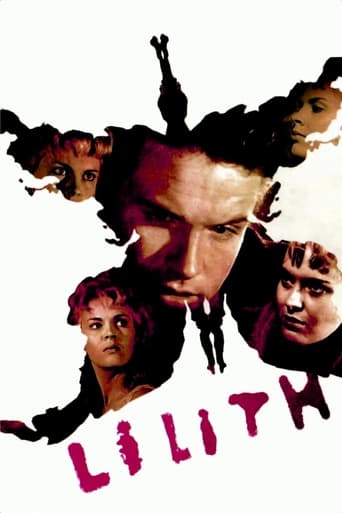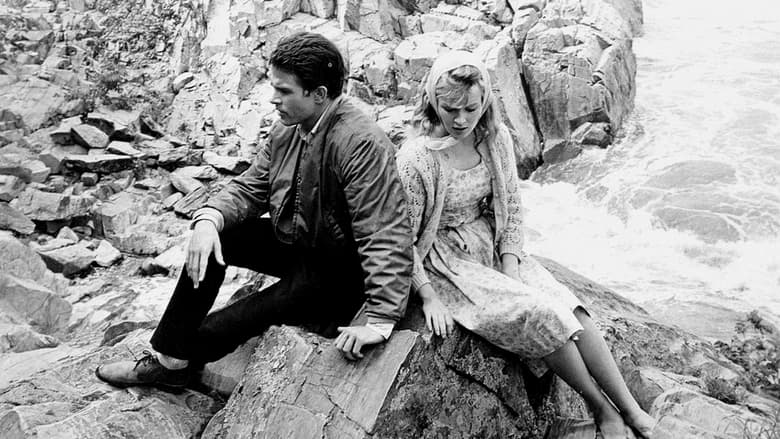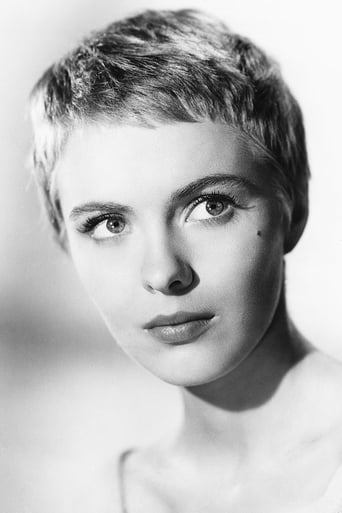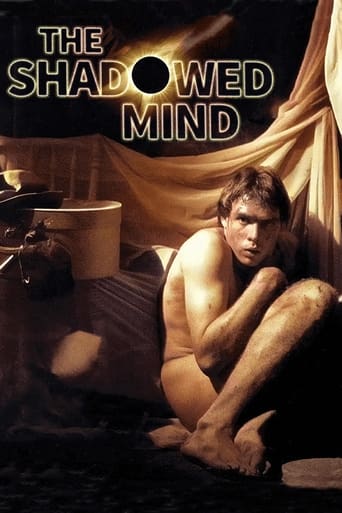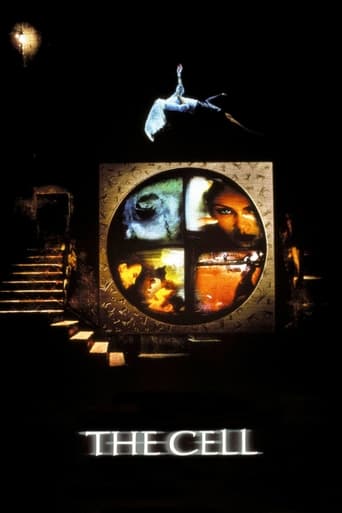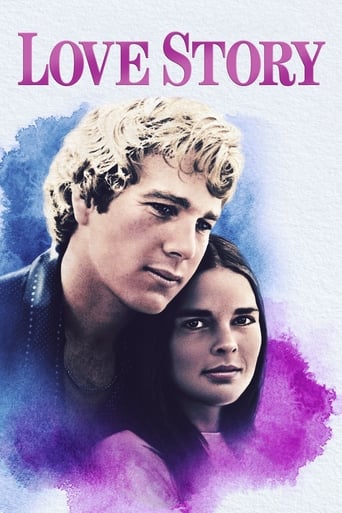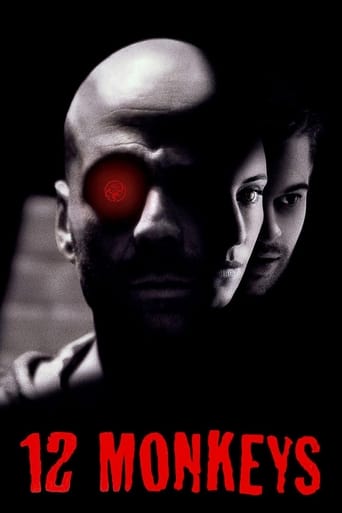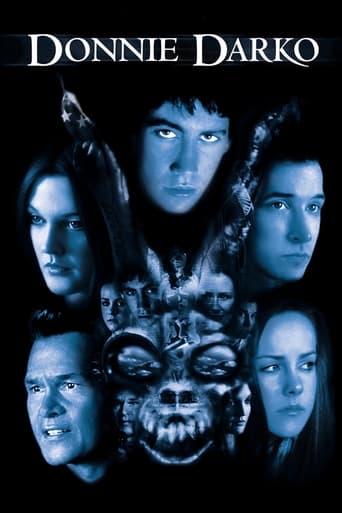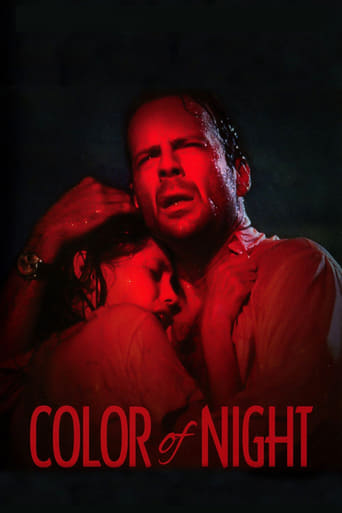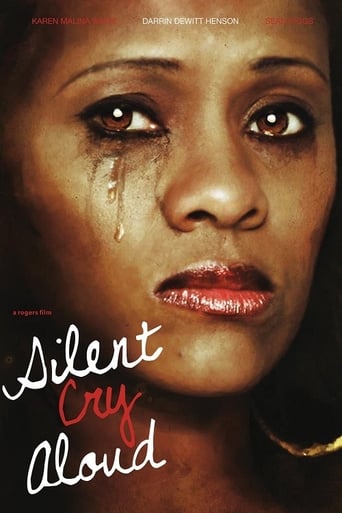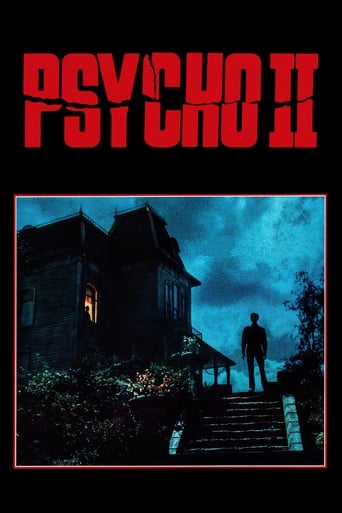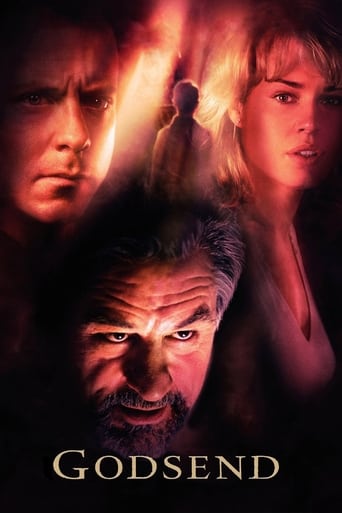Lilith (1964)
Vincent Bruce, a war veteran, begins working as an occupational therapist at Poplar Lodge, a private psychiatric facility for wealthy people where he meets Lilith Arthur, a charming young woman suffering from schizophrenia, whose fragile beauty captivates all who meet her.
Watch Trailer
Cast


Similar titles
Reviews
Pretty Good
Best movie ever!
A great movie, one of the best of this year. There was a bit of confusion at one point in the plot, but nothing serious.
One of the film's great tricks is that, for a time, you think it will go down a rabbit hole of unrealistic glorification.
This is an unusual film that has a young Warren Beatty playing Vincent, a Korean War veteran, who is taken on as an occupational therapist at a mental institution for wealthy patients. If for no other reason this is worth watching for its improbable and disparate cast: besides Beatty there is Jean Seaberg as a patient (Lilith), Kim Hunter as a doctor on the institution's staff, Peter Fonda as the introverted patient Steve, and Gene Hackman as the husband of one of Vincent's previous flames.A good percentage of the scenes are filmed in extreme close-up, particularly the ones between Beatty and Seberg. The black-and-white photography is well suited for this, since facial expressions carry more force in black-and-white.It's hard to pin down what the problems are that the patients have. Perhaps that is the nature of mental illness, but the patient's peculiarities struck me as a bit exaggerated. There are sexual undertones running throughout (well, in the case of Beatty and Seberg more than undertones). Steve fancies Lilith and makes timid attempts to attract her and convinces himself, wrongly, that there is hope there. Vincent's presence seems to release a sort of pan-sexuality in Lilith. Not only does she take up with him, but she also has a lesbian connection with another patient and displays an ill-defined affinity for pre-pubescent boys. Waterfalls and running water turn Lilith on and there is a scene where she looks at her reflection in a lake and kisses the image, another indication of sexuality running wild I guess.Vincent himself is no model of sanity. There is a connection between his feelings for his dead mother and those for Lilith, whose appearance bears a striking resemblance to his mother. Beyond that, Vincent has a lot of unresolved issues that are only hinted at. Precise character analysis is not what this movie is about and you are left wondering just what it *is* about. One thing for sure, dealing with sexuality in a mental institution is not an exact science.There is a lengthy sequence where Vincent and Lilith go to a fair and Vincent enters a jousting contest where horseback riders use their lances to pluck small rings from suspended metal mounts. This has to be one of the oddest sequences in all of moviedom.When it was over, my reaction was (and is), "I'm not sure what to make of this movie."
Robert Rossen would only direct ten films in the space of 17 years and, despite their sometimes erratic quality, he was a talented and highly respected figure. His neglected and misunderstood swan-song was deemed by some a means of reparation for his former Communist beliefs and the fact that he was a friendly witness during the HUAC hearings (the confused hero wanting to make good but ending up disillusioned); when the picture was mauled by critics, he got cold feet and bailed out of his intention to present it at the Venice Film Festival! Few American movies up to this point had revolved around insane asylums, most notably the prestigious THE SNAKE PIT (1948), Vincente Minnelli's glossy, all-star melodrama THE COBWEB (1955) and the somewhat hysterical SHOCK CORRIDOR (1963) from maverick film-maker Samuel Fuller. Still, this is more of a character study than a serious treatment of its subject matter (which, outside of the inmates played by Jean Seberg and Peter Fonda – a nice early dramatic showcase for the latter – are restricted to a handful of intense irrational outbursts, for lack of a better phrase). Even so, Warren Beatty’s brooding occupational therapist protagonist is himself often impenetrable (despite the sympathetic guidance of asylum head Kim Hunter) – justifying his own breakdown at the film’s abrupt, haunting conclusion. The essential gloominess of the piece is, however, offset by passages of lyricism (the ethereal yet experimental black-and-white cinematography by veteran Eugen Schuftan – who had won as Oscar for Rossen’s previous film, THE HUSTLER [1961] – is exquisite throughout): that said, sequences such as the lengthy interlude at the fair (complete with an archaic jousting tournament) seem to be making some obscure point or other which renders it a slightly pretentious whole.Apart from the fact that therapist and patient are involved in a tempestuous love affair, the film’s controversial aspects entail scenes subtly depicting paedophelia, a lesbian relationship and also the temptation for an extra-marital fling by Beatty’s former girlfriend (Jessica Walter); a young Gene Hackman appears as Walter’s workaholic but uncouth husband in one scene – naturally, he would re-unite with Beatty for Arthur Penn’s seminal BONNIE AND CLYDE (1967). Despite his classic good looks, Beatty didn’t conform to Hollywood standards – opting from the outset for gritty and often demanding fare (including John Frankenheimer’s ALL FALL DOWN [1962] and Penn’s MICKEY ONE [1965]) whenever he could. The beguiling Seberg exudes effortless sensuality in the role of the enigmatic Lilith which, reportedly, was her own personal favorite; chillingly, the climactic regression into total madness of her character parallels that of the actress herself who would eventually take her own life 15 years later!
Yes Norman and laura show how normal people live and also shows that V is becoming like Lililth in that he now inspires a sexual desire in another person (Laura) that can never be fulfilled or if it is it will wound a third person-- Norman- just like Warren was wounded and then suicided.Lililth strikes me more as nympho than schizo, most schizos have other symptoms like auditory hallucinations and the retreat into imaginary kingdom seems a bit contrived--Deborah did the same in I NEVER promised YOU A ROSE GARDEN, maybe its a device in the authors minds to show the patient retreating from a reality too horrid to bear in the real world--ie Ls guilt re causing brother to suicide over his incestuous desire. But where ere ls unseen parents while the L/brother affair was going on? If they had been more observant of their children they could have prevented the tragedy.I really would want a reply esp re the parents
Lilith was the last film of director Robert Rossen, and some consider it his neglected masterpiece. Best known for realistic films such as All the King's Men(49) and The Hustler (61), Lilith is certainly the most beautiful and provocative film Rossen ever made, and Eugen Shufftan's stunning b&w cinematography, Kenyon Hopkin's seductive score, Aram Avakian's astute editing, and Richard Sylbert's superb production design all contribute to the film's strange allure. Rossen was apparently influenced by the European art house films of the early sixties, and the grounds of the elegant asylum recall the hotel in Alain Resnais' Last Year at Marienbad(61), and like Resnais' film, Lilith is a high-toned, poetic enigma. Released by Columbia Pictures in 1964, Lilith was a critical and box office failure, that is still largely unknown. Beatty plays a therapist who finds Lilith's madness seductive, and his growing love for her ends in death, and results in his own madness. Though Beatty 's performing is hesitant, uncertain, and awkward, Jean Seberg as Lilith, and Peter Fonda as a patient who loves her are excellent. The interesting supporting cast includes Gene Hackman and Jessica Walter. While not a film for everyone, Lilith is an unusual film that stays in one's mind. Lilith's depiction of mental illness is more subdued and realistic than most Hollywood films on the subject. It lacks the feeling of exploitation present in films such as The Snake Pit, Suddenly, Last Summer, The Caretakers, Cuckoo's Nest, and Girl Interrupted. Recommended.

